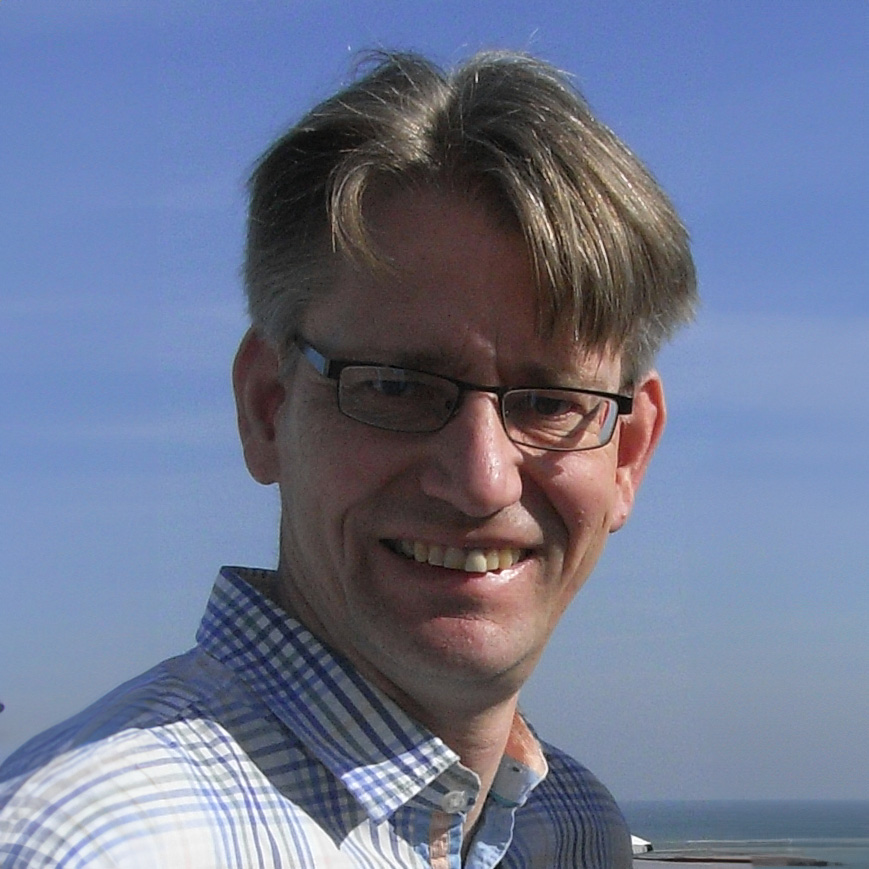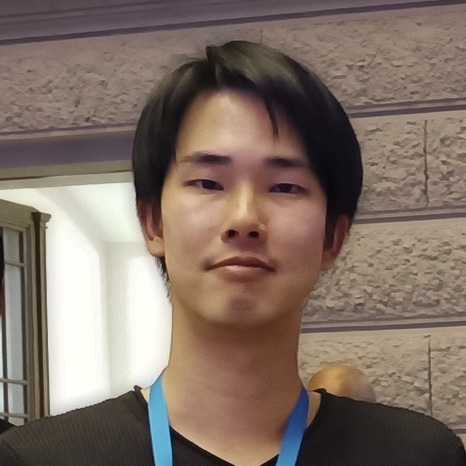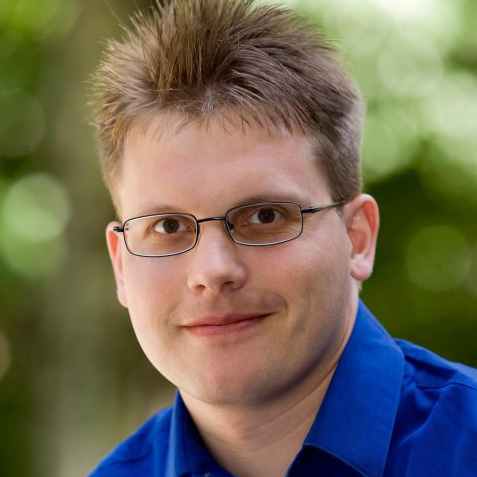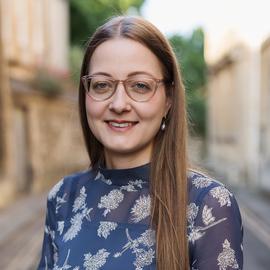Zuse Research Colloquium
What? The Zuse Research Colloquium serves as an interdisciplinary forum for researchers in the field of Applied Mathematics and Computer Science.
Who? Talks are given by high profile invited speakers from academia and industry.
When? Talks do not follow a set schedule and may occurr infrequently.
Where? The venue is usually the institute’s large lecture hall.
Please contact Tim Conrad and Christoph Spiegel by email for any organisational questions.
Upcoming Talks
There are no upcoming talks scheduled.
Past Talks
In this talk model predictive control (MPC) is utilized to stabilize a class of linear time-varying parabolic partial differential equations (PDEs). In our first example the control input is only finite-dimensional, i.e., it enters as a time-depending linear combination of finitely many indicator functions whose total supports cover only a small part of the spatial domain. In the second example the PDE involve switching coefficient functions. We discuss stabilizability and the application of reduced-order models to derive algorithms with closed-loop guarantees.
This is joint work with Behzad Azmi (Konstanz), Michael Kartmann (Konstanz), Mathia Menucci (Stuttgart), Jan Rohleff (Konstanz), and Benjamin Unger (Stuttgart).

Solving a polynomial system, or computing an associated \gb basis, has been a fundamental task in computational algebra. However, it is also known for its notorious doubly exponential time complexity in the number of variables in the worst case. In this talk, I present a new paradigm for addressing such problems, i.e., a machine-learning approach using a Transformer. The learning approach does not require an explicit algorithm design and can return the solutions in (roughly) constant time. This talk covers our initial results on this approach and relevant computational algebraic and machine learning challenges.

Many real-world systems are composed of agents whose interactions result in a collective swarm behavior that may be complex, unexpected, and/or unintended. We highlight intriguing cases of interplay between the micro-scale behavior of agents and the macro-scale performance of the swarm, with a particular emphasis on heterogeneous systems composed of different types of agents, such as: traffic flow (the role of automation/connectivity on the energy footprint of urban traffic flow), mixed human/robotic groups (transportation of supplies to a disaster area), and biological systems (schools of fish and colonies of penguins). We particularly show how behavior interpretable as ‘equitable’ or ‘altruistic’ is possible to arise from pure survival-of-the-fittest objective functions

